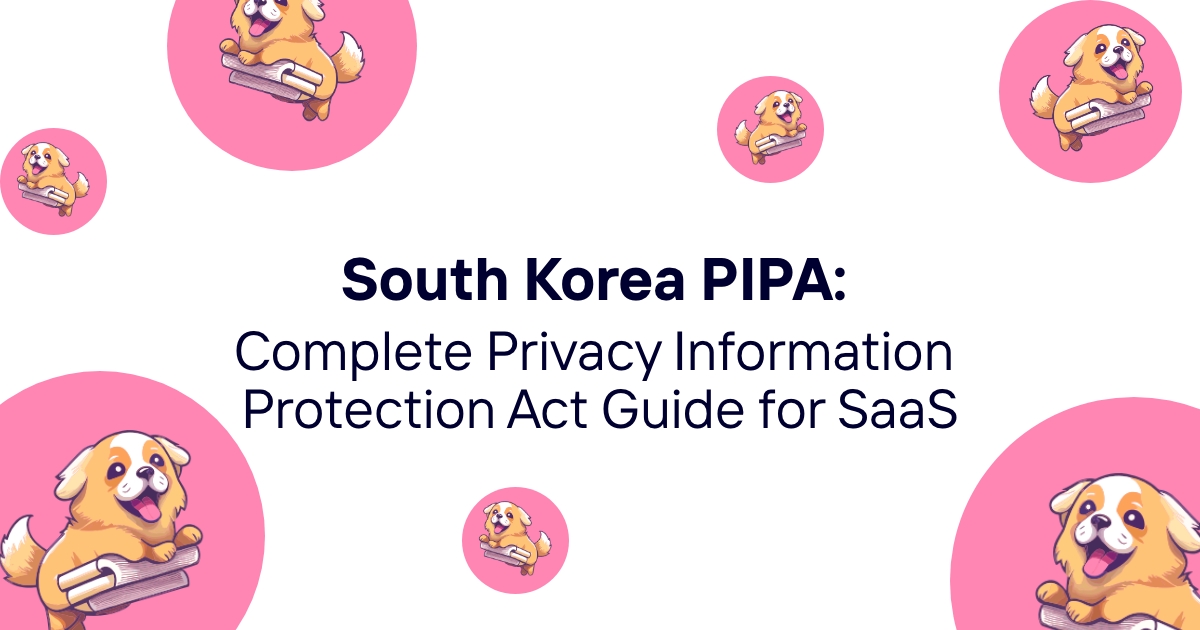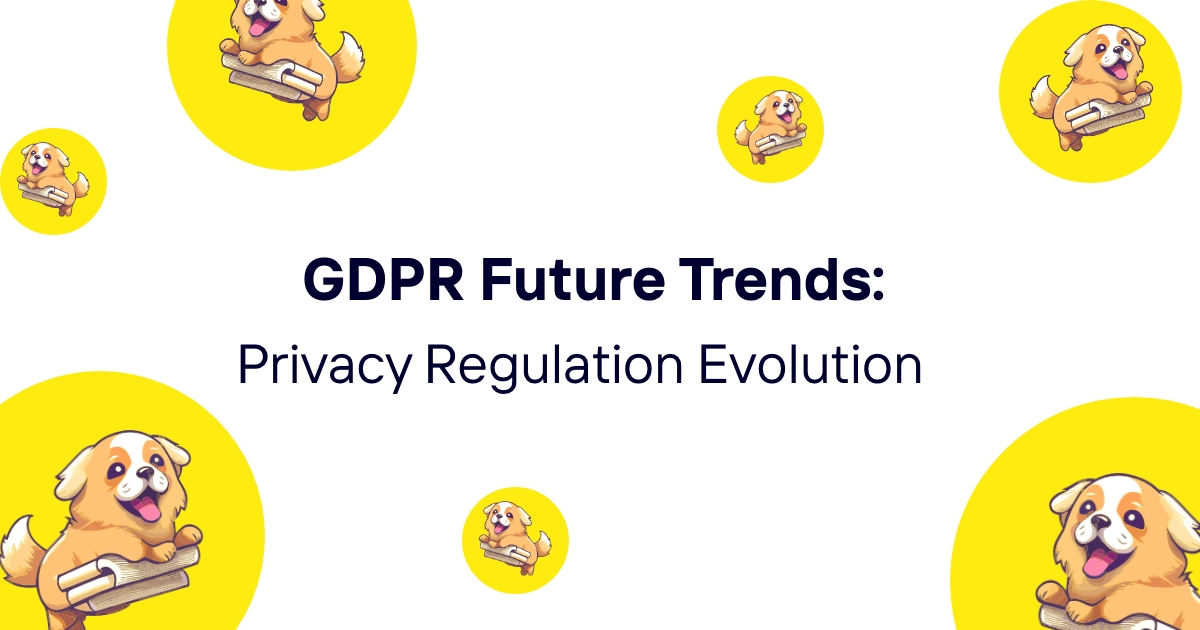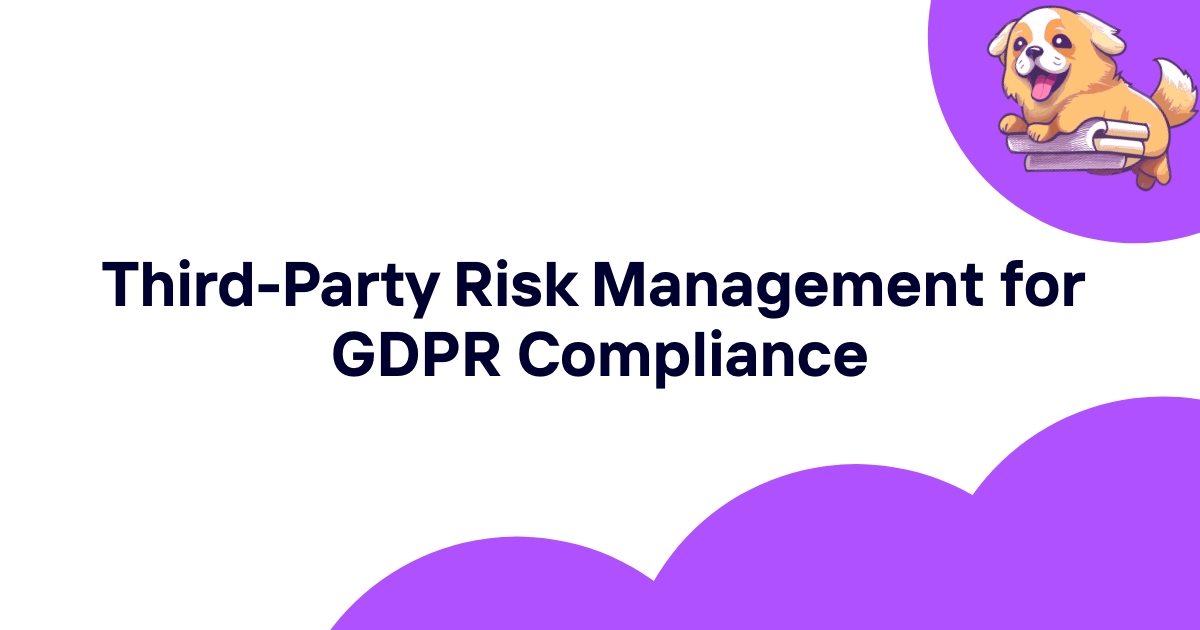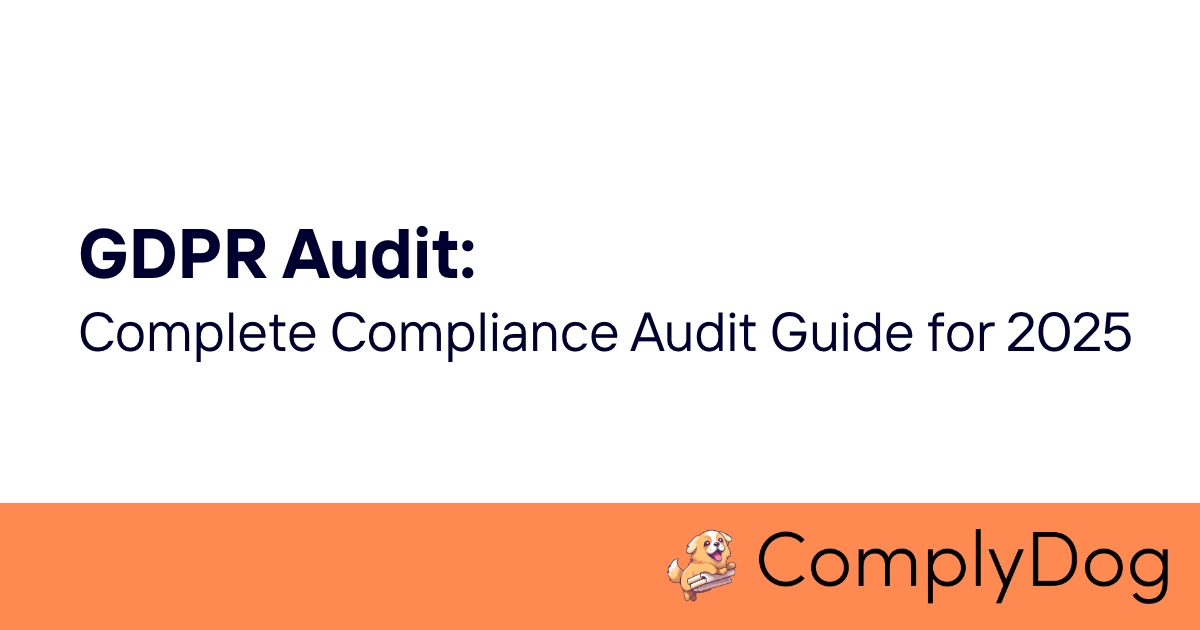South Korea's Personal Information Protection Act (PIPA) creates comprehensive privacy obligations that reflect Korea's unique approach to balancing data protection with technological innovation and economic growth. As one of the world's most connected countries, Korea's privacy law addresses modern digital challenges while maintaining distinctly Korean perspectives on privacy and business practices.
PIPA applies to SaaS companies that collect, use, or provide personal information in Korea, regardless of where the company is located. This broad scope means international SaaS platforms serving Korean customers need comprehensive understanding of PIPA requirements and Korean privacy culture.
Korea's privacy regulatory environment is complex, with multiple agencies having oversight responsibilities including the Personal Information Protection Commission (PIPC), Korea Communications Commission (KCC), and various sector-specific regulators that create overlapping compliance obligations.
Korean consumers have strong privacy expectations combined with high technology adoption rates, creating unique compliance challenges for SaaS companies that must balance privacy protection with the advanced digital services that Korean users demand.
The Korean market represents significant opportunities for SaaS companies, with strong enterprise technology adoption, government digital transformation initiatives, and growing demand for cloud-based solutions. PIPA compliance enables SaaS companies to serve this important market while building trust with Korean customers and business partners.
ComplyDog helps SaaS platforms navigate Korean privacy requirements alongside other APAC and international frameworks through comprehensive compliance management that addresses PIPA's unique characteristics and Korean regulatory environment.
South Korea PIPA Overview for SaaS Companies
PIPA creates comprehensive privacy protection obligations that apply broadly to SaaS companies while reflecting Korean legal traditions and technological sophistication.
PIPA Scope and Application:
PIPA applies to personal information controllers and processors operating in Korea or handling Korean residents' personal information. The law covers both Korean and foreign companies that collect, use, or provide personal information related to Korean individuals.
SaaS platforms with Korean customers, users, or data collection activities need PIPA compliance regardless of company location, data processing infrastructure, or business model structure.
Personal Information Definition:
PIPA defines personal information as information that can identify living individuals, including names, resident registration numbers, images, biometric information, and any information that can identify individuals when combined with other data.
The definition includes device identifiers, IP addresses, behavioral analytics, and location data collected by SaaS platforms, requiring comprehensive privacy protection for digital information processing.
Sensitive Information Categories:
PIPA provides enhanced protection for sensitive personal information including ideology, beliefs, trade union membership, political views, health information, sexual life, genetic information, and criminal records.
SaaS platforms processing sensitive information must implement enhanced consent requirements and protection measures that exceed standard personal information safeguards.
Data Controller and Processor Obligations:
PIPA distinguishes between personal information controllers (who determine processing purposes and methods) and processors (who process information on behalf of controllers). SaaS platforms often serve both roles depending on specific processing contexts.
Understanding your role in different processing situations ensures appropriate PIPA obligations are applied, from customer data hosting (processor role) to platform analytics (controller role).
Regulatory Environment Complexity:
Korea's privacy regulatory environment involves multiple agencies with overlapping jurisdiction, requiring SaaS companies to understand which regulators apply to their specific business activities and customer sectors.
The Personal Information Protection Commission (PIPC) has primary PIPA oversight, while the Korea Communications Commission (KCC) regulates telecommunications-related information and sector-specific agencies address industry privacy requirements.
For insights on managing complex regulatory environments, check out our Singapore PDPA guide which addresses similar multi-agency oversight challenges.
PIPA Consent Requirements for SaaS
PIPA consent obligations require SaaS companies to obtain appropriate consent for personal information collection and use while supporting Korean user expectations and platform functionality.
Consent Principles:
PIPA requires that consent be freely given, specific, informed, and unambiguous. Individuals must clearly understand what personal information is being collected and how it will be used before providing consent.
Design consent mechanisms that provide clear information in Korean language while respecting Korean cultural approaches to information sharing and business relationships.
Explicit Consent Requirements:
PIPA requires explicit consent for sensitive personal information processing and certain uses including marketing communications, third-party provision, and cross-border transfers of personal information.
Implement explicit consent mechanisms that clearly identify when enhanced consent is required while supporting platform functionality and user experience expectations.
Consent for Multiple Purposes:
SaaS platforms often collect personal information for various purposes including service delivery, customer support, analytics, and marketing. Each purpose requires appropriate consent or alternative legal basis.
Design granular consent that allows Korean users to choose which purposes they consent to rather than requiring bundled consent for platform access and functionality.
Consent Withdrawal Mechanisms:
Individuals must be able to withdraw consent easily, and organizations must respect withdrawal while explaining how it affects service delivery and platform functionality.
Create consent withdrawal systems that provide practical control over different consent decisions while clearly communicating the impact on platform features and service availability.
Age-Related Consent:
PIPA has specific requirements for collecting personal information from minors under 14, requiring parental or legal guardian consent that affects SaaS platforms serving younger users.
Implement age verification and parental consent systems that comply with Korean requirements while supporting legitimate educational, entertainment, and communication services for young users.
Individual Rights Under PIPA
PIPA provides Korean individuals with comprehensive rights regarding their personal information that SaaS companies must support through appropriate systems and procedures.
Right to Access Implementation:
Individuals have rights to know whether their personal information is being processed and access the personal information held about them, including processing purposes, retention periods, and third-party provision details.
Design access systems that can provide comprehensive information about personal information processing while respecting Korean language requirements and cultural expectations for customer service.
Correction and Deletion Rights:
Individuals can request correction of inaccurate personal information and deletion when information is no longer necessary for processing purposes or when consent is withdrawn.
Build correction and deletion workflows that distinguish between factual errors requiring correction and legitimate business information that must be retained for legal or operational purposes.
Suspension of Processing:
PIPA allows individuals to request suspension of personal information processing in certain circumstances, requiring SaaS platforms to implement systems that can temporarily halt specific processing activities.
Implement processing suspension capabilities that can temporarily restrict certain data uses while maintaining essential platform functionality and security measures.
Rights Exercise Procedures:
PIPA requires organizations to designate procedures and contact points for individuals to exercise their rights, including verification processes and response timeframes.
Create efficient rights management systems that provide Korean-language support and culturally appropriate customer service while maintaining security and verification requirements.
PIPA Data Processing Requirements
PIPA establishes specific obligations for personal information processing that affect how SaaS companies collect, use, and manage Korean personal information throughout its lifecycle.
Collection and Use Limitations:
PIPA requires collecting personal information only for specified purposes and using it only for those purposes or compatible purposes that individuals could reasonably expect.
Implement data collection practices that serve specific business purposes while avoiding unnecessary information gathering that creates privacy risks without corresponding business value.
Purpose Specification:
Organizations must clearly specify purposes for personal information collection and use before obtaining consent, requiring clear communication about intended data uses.
Document processing purposes clearly and implement controls that prevent unauthorized secondary use or purpose expansion without appropriate individual notification and consent.
Data Quality Requirements:
PIPA requires maintaining personal information accuracy and completeness for processing purposes, affecting data management and quality assurance procedures.
Implement data quality processes that maintain appropriate accuracy while providing mechanisms for individuals to identify and correct information errors affecting their services.
Retention Period Limitations:
Personal information must be destroyed when retention purposes are achieved or retention periods expire, requiring clear retention policies and automated deletion procedures.
Design retention management that balances business needs with privacy minimization while supporting legal compliance and operational requirements.
Third-Party Provision Rules:
PIPA restricts providing personal information to third parties without consent, with specific exceptions for legal obligations and legitimate business purposes that must be clearly documented.
Audit third-party data sharing arrangements to ensure appropriate consent or legal basis exists while supporting necessary business integrations and service delivery.
PIPA Security and Protection Measures
PIPA requires comprehensive security measures to protect personal information against unauthorized access, disclosure, alteration, or destruction throughout processing and storage.
Technical Safeguards:
Organizations must implement technical measures including access controls, encryption, and security monitoring appropriate to the sensitivity and volume of personal information processed.
Design security architectures that provide robust protection while supporting platform functionality and user experience through efficient and effective security controls.
Administrative Safeguards:
PIPA requires administrative measures including staff training, access management, and incident response procedures that ensure consistent personal information protection.
Implement administrative controls that provide systematic personal information protection while supporting business operations and staff productivity through clear procedures and training.
Physical Safeguards:
Organizations must implement physical security measures to protect personal information storage and processing facilities from unauthorized access and environmental threats.
Design physical security appropriate to business operations while ensuring adequate protection for personal information processing and storage environments.
Data Breach Response:
PIPA requires reporting certain data breaches to regulators and affected individuals, creating incident response obligations that must be coordinated with other jurisdictional requirements.
Develop comprehensive incident response procedures that satisfy Korean notification requirements while supporting business continuity and coordinating with international breach obligations.
Cross-Border Data Transfer Rules
PIPA regulates international transfers of Korean personal information through requirements that ensure adequate protection while supporting legitimate business operations.
Transfer Restriction Principles:
PIPA generally prohibits transferring personal information outside Korea without individual consent or specific legal exceptions that must be carefully documented and justified.
Evaluate all international data transfers to ensure appropriate legal basis exists while supporting global SaaS operations and cloud infrastructure requirements.
Consent for International Transfers:
Individuals can provide consent for overseas transfers after being informed about transfer purposes, destination countries, recipient information, and protection measures.
Design transfer consent mechanisms that provide clear information about international processing while supporting business operations requiring global data processing capabilities.
Legal Exception Applications:
PIPA allows international transfers for specific purposes including contract performance, legal compliance, and vital interest protection that don't require individual consent.
Document legal exception applications carefully to ensure transfers meet specific criteria while supporting necessary business operations and customer service delivery.
Adequacy and Contractual Protections:
While Korea hasn't established formal adequacy frameworks, organizations can implement contractual protections and security measures that ensure appropriate protection for transferred information.
Implement transfer protection mechanisms that satisfy Korean regulators while supporting international business operations and regulatory compliance in multiple jurisdictions.
Korean Cultural and Business Considerations
Successfully implementing PIPA compliance requires understanding Korean cultural context, business practices, and consumer expectations that affect privacy implementation strategies.
Korean Privacy Culture:
Korean privacy expectations reflect cultural values emphasizing community, hierarchy, and relationship-building that affect how privacy information should be communicated and how customer interactions should be managed.
Adapt privacy communication and customer service approaches to align with Korean cultural expectations while maintaining PIPA compliance and international privacy standards.
Language and Communication:
Provide privacy information in Korean language that accurately reflects PIPA requirements while being accessible to Korean individuals who may not be familiar with privacy law terminology.
Develop Korean privacy documentation that conveys essential information clearly while maintaining legal accuracy and supporting informed decision-making by Korean users.
Technology Adoption Patterns:
Korea's high technology adoption rates and digital sophistication create expectations for advanced privacy features and user controls that exceed minimum compliance requirements.
Design privacy implementations that leverage Korea's technological sophistication while providing advanced user controls and transparency features that meet Korean user expectations.
Business Relationship Emphasis:
Korean business culture emphasizes long-term relationships and trust-building that affects how privacy protection should be communicated and how customer privacy concerns should be addressed.
Build privacy programs that demonstrate long-term commitment to Korean customers while supporting relationship-building through transparent and consistent privacy protection practices.
PIPA Documentation and Compliance Management
PIPA requires comprehensive documentation and management systems that demonstrate privacy protection commitment while supporting Korean regulatory oversight and business operations.
Privacy Policy Requirements:
Develop privacy policies that address PIPA transparency requirements while reflecting Korean cultural context and providing practical information for individual decision-making about personal information.
Create privacy policies that satisfy Korean regulatory requirements while supporting business operations and demonstrating privacy commitment to Korean customers and business partners.
Processing Activity Documentation:
Maintain documentation of personal information processing activities that demonstrates PIPA compliance while providing practical guidance for business operations and staff training.
Create processing documentation that supports regulatory compliance while providing operational value through clear guidance for Korean business operations and customer service.
Consent Management Records:
Document consent decisions, withdrawal mechanisms, and individual communications that demonstrate PIPA compliance while supporting individual rights exercise and privacy management.
Implement consent documentation systems that provide sufficient detail for compliance demonstration while supporting efficient consent management and Korean customer interaction.
Training and Awareness Programs:
Implement privacy training programs that address PIPA requirements while building organizational privacy culture that supports Korean market success and customer trust.
Develop training that addresses Korean privacy obligations while building staff capabilities for serving Korean customers effectively and maintaining cultural sensitivity.
Regulatory Reporting Preparation:
Prepare documentation and procedures for potential regulatory inquiries and reporting requirements that may arise from Korean privacy authorities overseeing PIPA compliance.
Build regulatory reporting capabilities that can respond effectively to Korean authority inquiries while protecting business confidential information and maintaining operational efficiency.
Ready to succeed in the Korean market? Use ComplyDog and build comprehensive privacy programs that satisfy PIPA requirements while demonstrating commitment to Korean privacy protection and supporting business growth in one of Asia's most advanced technology markets.


















